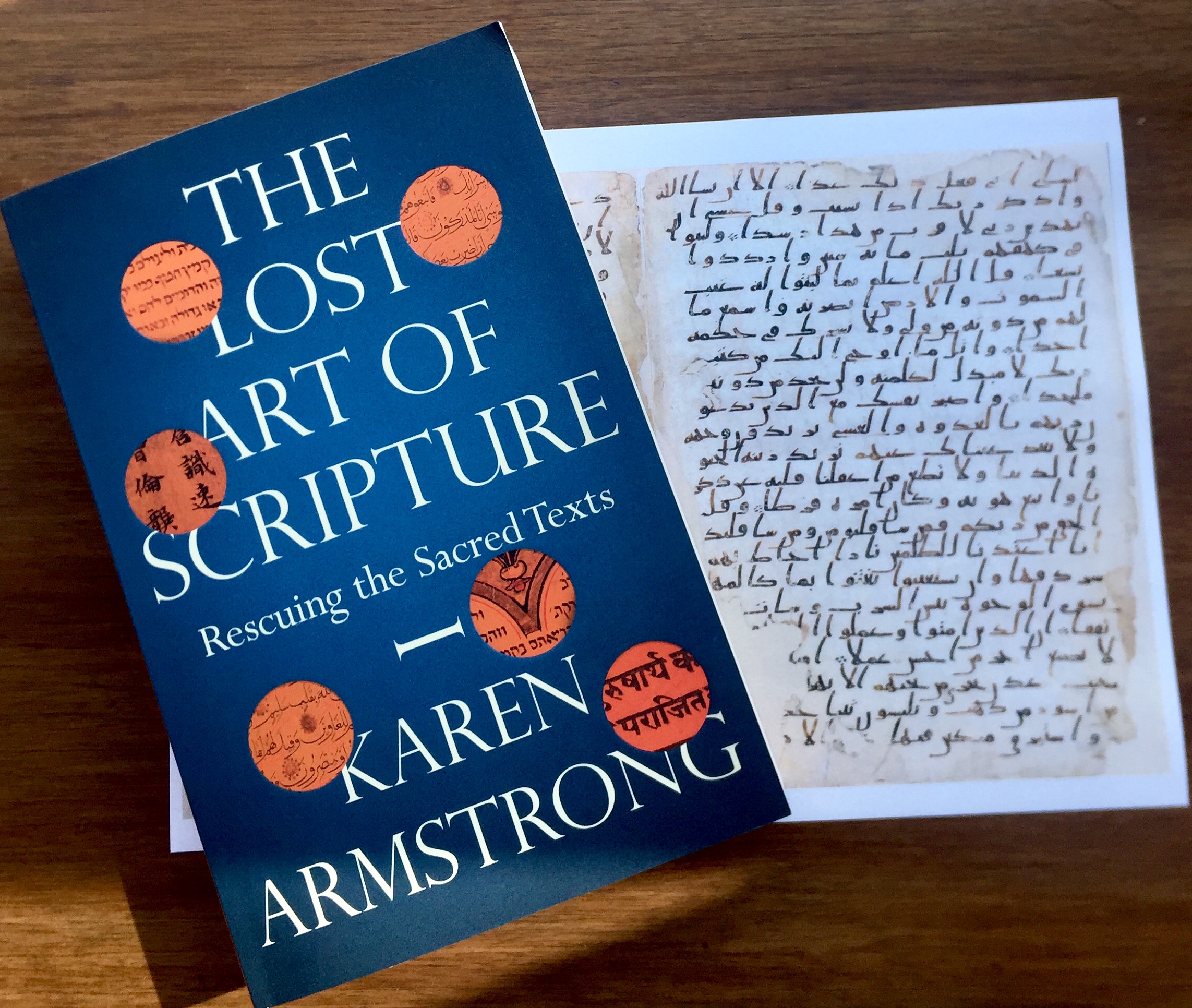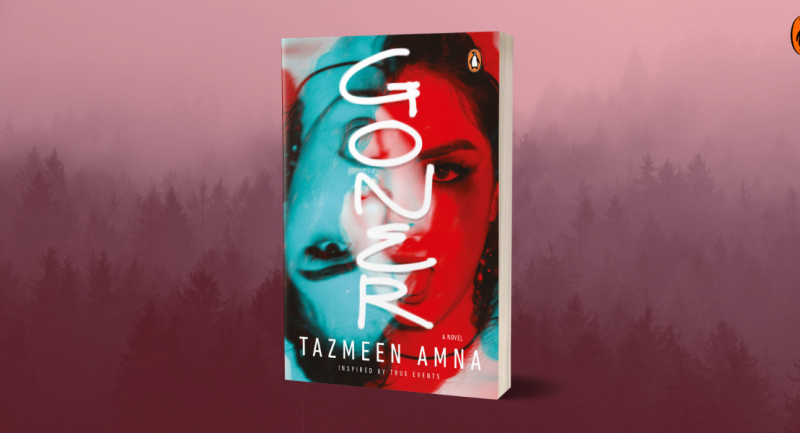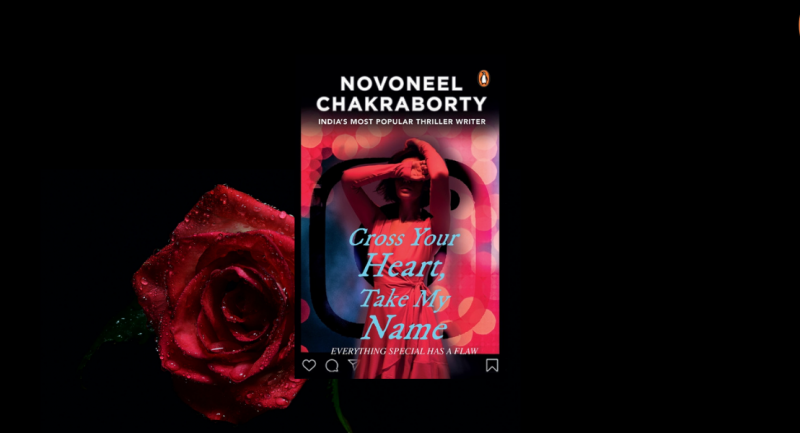
Today we see the Quran being used by some to justify war and terrorism, the Torah to deny Palestinians the right to live in the Land of Israel, and the Bible to condemn homosexuality and contraception. The holy texts at the centre of all religious traditions are often employed selectively to underwrite arbitrary and subjective views. They are believed to be divinely ordained; they are claimed to contain eternal truths.
In our increasingly secular world, holy texts are at best seen as irrelevant, and at worst as an excuse to incite violence, hatred and division. So what value, if any, can scripture hold for us today? And if our world no longer seems compatible with scripture, is it perhaps because its original purpose has become lost?
In her book The Lost Art of Scripture, Karen Armstrong, a world authority on religious affairs, shows in this fascinating journey through millennia of history, this narrow reading of scripture is a relatively recent phenomenon.
Read the excerpt from the first chapter here!
The fall of Adam and Eve is one of the most famous stories of the Hebrew Bible. Yahweh, the divine creator, placed the first human beings in Eden, where there was every kind of tree, enticing to look at and good to eat, with the tree of life and the tree of knowledge of good and evil in the middle of the garden”. But Yahweh gave Adam a stern warning: he could eat the fruit of all these trees except the fruit of the tree of knowledge,’ for on the day you eat of it, you shall most surely die’. But, alas, Eve succumbed to the temptation of the serpent and she and Adam were condemned to a life of hard labour and suffering that could end only in death.
This story is so deeply embedded in the Judaeo- Christian consciousness that it is, perhaps, surprising to learn that in fact it is steeped in the Mesopotamian Wisdom traditions that embodied the ethical ideals that bound the ruling aristocracy together. Civilisation began in Sumer in what is now Iraq in about 3500 BCE. The Sumerians were the first to commandeer the agricultural surplus grown by the community in the fertile plain that lay between the rivers Tigris and Euphrates and create a privileged ruling class. By about 3000 BCE, there were twelve cities in the Mesopotamian plain, each supported by produce grown by peasants in the surrounding countryside. The Sumerian aristocrats and their retainers – bureaucrats, soldiers, scribes, merchants and household servants – appropriated between half and two-thirds of the crop grown by the peasants, who were reduced to serfdom. They left fragmentary records of their misery: ‘ The poor man is better dead than alive,’ one lamented. Sumer had devised the system of structural inequity that would prevail in every single state until the modern period, when agriculture ceased to be the economic basis of civilisation.
Adam and Eve, however, lived at the beginning of time, before the Earth yielded brambles and thistles and humans had to wrest their food from the recalcitrant soil with sweat on their brow. Their life in Eden was idyllic until Eve met the serpent, who is described as arum, the most ‘subtle’, ‘shrewd’ and ‘wise’ of the animals.’ Did God really say you were not to eat from any of the trees in the garden?’ the serpent asked her. Eve replied that only the tree of knowledge was prohibited on pain of instant death. The arum serpent’s prediction of what would happen to Adam and Eve drew heavily on the terminology of Sumerian Wisdom: No! you will not die! God knows in fact that on the day you eat it your eyes will be opened and you will be like gods, knowing good and evil.’ Of course, Eve succumbed: she wanted to transcend her humanity and become godlike, The couple did not, in fact, die as soon as they ate the forbidden fruit, as Yahweh had threatened. Instead, as the serpent promised,’the eyes of both were opened’ – words that recall the exclamation of a Mesopotamian student to his teacher:
Master-god, who [shapes] humanity, you are my god!
You have opened my eyes as if I were a puppy;
You have formed humanity within me!
Get your copy of The Lost Art of Scripture today









